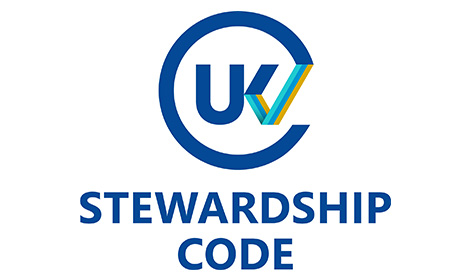USS announces new senior appointments
USS is delighted to announce the appointment of Claire Bowyer as Group General Counsel and Andrew Kyle as Group Finance Director.
USS is delighted to announce the appointment of Claire Bowyer as Group General Counsel and Andrew Kyle as Group Finance Director.
Universities Superannuation Scheme has published its annual Report and Accounts, covering the financial year in which it celebrated its 50th anniversary, together with its latest Task Force on Climate-related Financial Disclosures report.
UCEA and UCU have been exploring Conditional Indexation benefit design options. The first of two planned reports provides an interim update on progress and highlights areas for further exploration.
Private markets already form an important part of our investment portfolio as we believe they can achieve beneficial investment outcomes for our members over the long term. We have therefore signed the new Mansion House Accord – a non-binding, voluntary expression of intent to invest at least 10% in private markets across defined contribution (DC) default funds by 2030, with at least 5% of total assets going to UK private markets.
The Joint Negotiating Committee (JNC) has appointed Lawrence Churchill CBE as its new independent Chair.
Following the disclosure from Ferrovial SE, we can confirm that USS has completed the sale of a 7.90% stake in FGP Topco Limited (parent company of Heathrow Airport Holdings Ltd), alongside certain other shareholders, for consideration of £684m, retaining a 2.10% shareholding.
Universities Superannuation Scheme’s Pensions Operations team has achieved the coveted Investors in People Gold accreditation. The award follows Pensions Operations achieving the Customer Service Excellence (CSE) accreditation for the second year in succession, with compliance-plus achieved in three areas.
Universities Superannuation Scheme Limited – the trustee of the UK’s largest private pension scheme by way of assets – is pleased to announce that Dr Samuel Marsh joined its board as a University and College Union (UCU)-appointed non-executive director on 12 August 2024.
You may have seen reports in the Financial Times, the Times, the Daily Telegraph and in other places this week relating to USS reducing its investments in the Middle East.
Read how we implement our commitments to stewardship and summarise our responsible investment activities and outcomes across all our asset classes.
